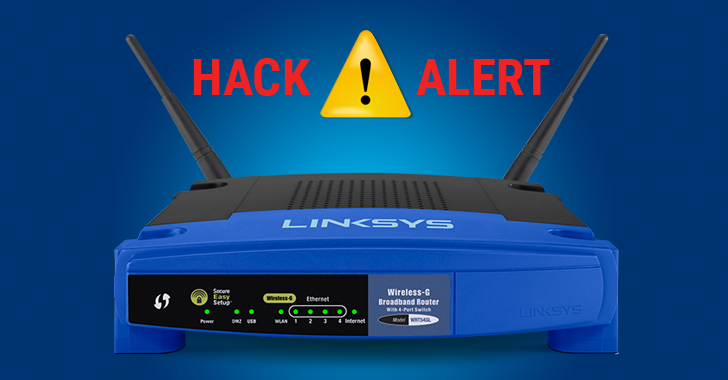Smart High-Tech Solutions for Aging in Place

The call came in less than an hour before the 8 a.m. shift was scheduled to start: A family emergency meant the regular caregiver for an elderly Dana Point, California, client couldn't make her shift that day, so a replacement caregiver was needed ASAP. Homewatch CareGivers of San Juan Capistrano (Calif.) had to quickly find and send a substitute from its pool of licensed, trained and security-bonded caregivers. Once confirmed to cover the shift, the substitute caregiver tapped into the Homewatch CareGivers "Care+" mobile system to access the client's medical information, such as client care plan and schedules for meals, medications, blood pressure monitoring, doctor visits and more. In the mobile app, the caregiver was able to check in for the shift, confirm timesheet details, and obtain driving directions to the client's home. At the end of the eight-hour workday, the caregiver used the mobile app to capture end-of-shift notes and formally check out ...


